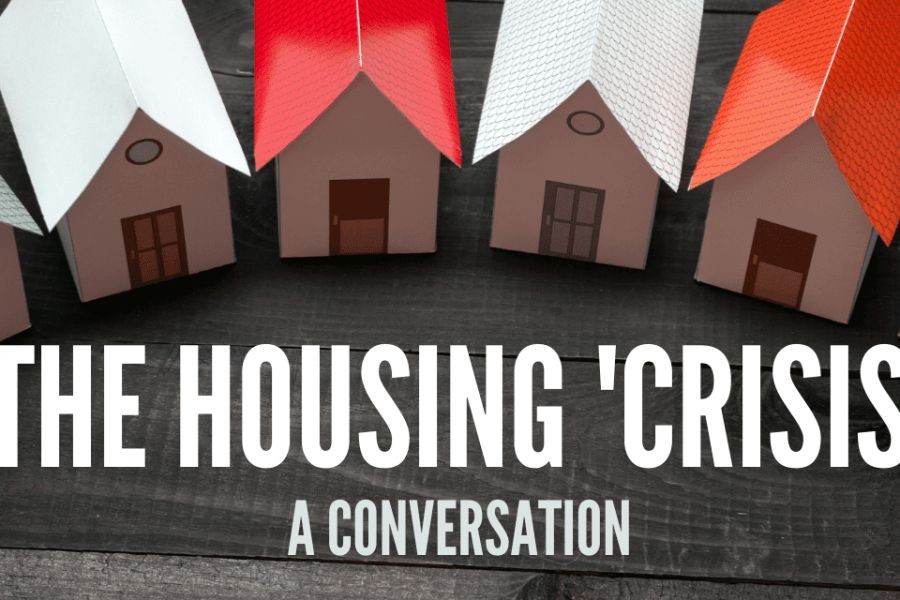In the dynamic landscape of Australia's real estate market, choosing between purchasing an apartment or a house is a critical decision for investors. With significant implications for return on investment (ROI), this choice is influenced by multiple factors including market trends, economic conditions, and regulatory frameworks. This article dives deep into the intricacies of investing in apartments versus houses in Australia, providing data-backed insights and expert analysis to help you make an informed decision.
The Australian Real Estate Market: An Overview
Australia's real estate market has been characterized by robust growth and fluctuating trends over recent years. According to the Australian Bureau of Statistics (ABS), housing prices in major cities like Sydney and Melbourne have seen substantial increases, with Sydney property prices rising by 12% in 2024. This trend is indicative of a broader pattern of rising property values, driven by factors such as population growth, urbanization, and foreign investment.
Impact of Economic Factors on ROI
The Reserve Bank of Australia (RBA) notes that interest rates and inflation significantly influence property investments. In a low-interest-rate environment, borrowing costs are reduced, making property investments more attractive. However, potential investors must consider the risk of interest rate hikes, which could impact mortgage affordability and, consequently, ROI.
Regulatory Insights: Navigating the Australian Property Landscape
The Australian Prudential Regulation Authority (APRA) plays a pivotal role in regulating financial institutions, ensuring stability within the housing market. APRA's policies on lending criteria and capital requirements can influence the availability of credit and, by extension, property market dynamics. Investors must stay abreast of these regulations to optimize their investment strategies.
Buying an Apartment: Pros and Cons
Investing in an apartment offers several advantages, particularly in urban centers where demand for rental properties remains high. Apartments typically offer higher rental yields compared to houses, making them attractive for those seeking regular income streams. However, potential drawbacks include body corporate fees and limited control over property management.
Case Study: Sydney’s Apartment Market
Sydney's apartment market provides a compelling example of how urbanization drives demand. According to CoreLogic, apartment prices in Sydney increased by 8% over the past year. Investors in this market benefit from strong rental demand, driven by a growing population and limited housing supply.
Pros of Apartment Investment
- Higher Rental Yields: Apartments often yield higher rental returns due to lower initial costs.
- Location Advantage: Centrally located apartments attract tenants seeking convenience and accessibility.
- Lower Maintenance: Apartments require less maintenance, reducing long-term costs.
Cons of Apartment Investment
- Body Corporate Fees: Ongoing fees can impact net returns.
- Limited Control: Restrictions on renovations and modifications may apply.
- Market Volatility: Apartment values can be more volatile, especially in oversupplied markets.
Buying a House: Pros and Cons
Houses offer distinct advantages, particularly in terms of capital growth potential and personal control over the property. While initial costs are higher, houses often appreciate more significantly over time, providing substantial long-term gains. However, investors must be prepared for higher maintenance costs and potential zoning restrictions.
Case Study: Melbourne’s Housing Market
In Melbourne, housing prices have consistently outpaced apartment growth. A report by the Real Estate Institute of Victoria (REIV) highlights a 10% increase in house prices over the past year, driven by strong demand from both domestic and international buyers. This trend underscores the long-term capital growth potential of houses.
Pros of House Investment
- capital growth: Houses typically appreciate more over time, offering greater capital gains.
- Control and Flexibility: Owners have full control over renovations and modifications.
- Land Value: Land appreciates over time, adding value to the property.
Cons of House Investment
- Higher Initial Costs: Houses require a larger upfront investment.
- Maintenance Costs: Ongoing maintenance can be costly and time-consuming.
- Zoning Restrictions: Potential limitations on property development and use.
Comparative Analysis: Apartments vs. Houses
When comparing apartments and houses, investors must weigh the trade-offs between rental yield and capital growth. Apartments provide immediate income through higher rental yields, while houses offer potential for greater long-term capital appreciation. The choice ultimately depends on individual investment goals and risk tolerance.
Financial Implications and ROI
According to the Australian Housing and Urban Research Institute (AHURI), the average rental yield for apartments is approximately 5%, compared to 3.5% for houses. However, houses have shown an average annual capital growth rate of 6%, outpacing apartments.
Common Myths and Mistakes
Myth: Apartments Are Always Cheaper Than Houses
Reality: While apartments generally have lower purchase prices, high body corporate fees and potential for overcapitalization can offset initial savings.
Myth: Houses Always Offer Better ROI
Reality: Depending on location and market conditions, apartments can yield higher returns through rental income and short-term appreciation.
Myth: All Property Investments Are Safe
Reality: Market fluctuations and economic changes can impact property values, making informed investment decisions crucial.
Future Trends and Predictions
By 2026, Australia's urban population is expected to grow by 15%, increasing demand for both apartments and houses. Advances in technology, including smart home features and sustainable building practices, will further influence property values and investment strategies.
Expert Insight: The Role of Technology in Real Estate
According to a study by the University of Sydney, integrating technology in real estate management could enhance property value by up to 20%. Investors who capitalize on these trends stand to benefit significantly.
Conclusion: Making the Right Investment Choice
In conclusion, the decision between buying an apartment or a house in Australia hinges on various factors including financial goals, market conditions, and personal preferences. By understanding market dynamics and regulatory influences, investors can make informed decisions that align with their long-term objectives.
As Australia continues to evolve, so too will its real estate market. Staying informed and adaptable will be key to maximizing ROI in this ever-changing landscape. What are your thoughts on the best investment strategy in Australia's real estate market? Share your insights below!
People Also Ask
- How does the Australian real estate market impact investment decisions?
The Australian real estate market influences investment decisions through factors like property price trends, rental yields, and regulatory changes. Understanding these dynamics helps investors optimize ROI.
- What are common misconceptions about property investment in Australia?
A common misconception is that all property investments are safe. However, market volatility and economic shifts can impact property values, necessitating informed decision-making.
- Are apartments or houses a better investment in Australia?
The better investment depends on individual goals. Apartments offer higher rental yields, while houses provide potential for greater long-term capital growth.
Related Search Queries
- Australian house investment trends 2025
- Apartment investment vs. house investment Australia
- Pros and cons of buying an apartment in Australia
- Real estate investment strategies Australia
- Impact of interest rates on property investment
- Future of Australian housing market
- Urbanization and real estate trends in Australia
- Regulatory impact on Australian property market
- Rental yield comparison apartments vs. houses
- capital growth potential in Australian real estate






























